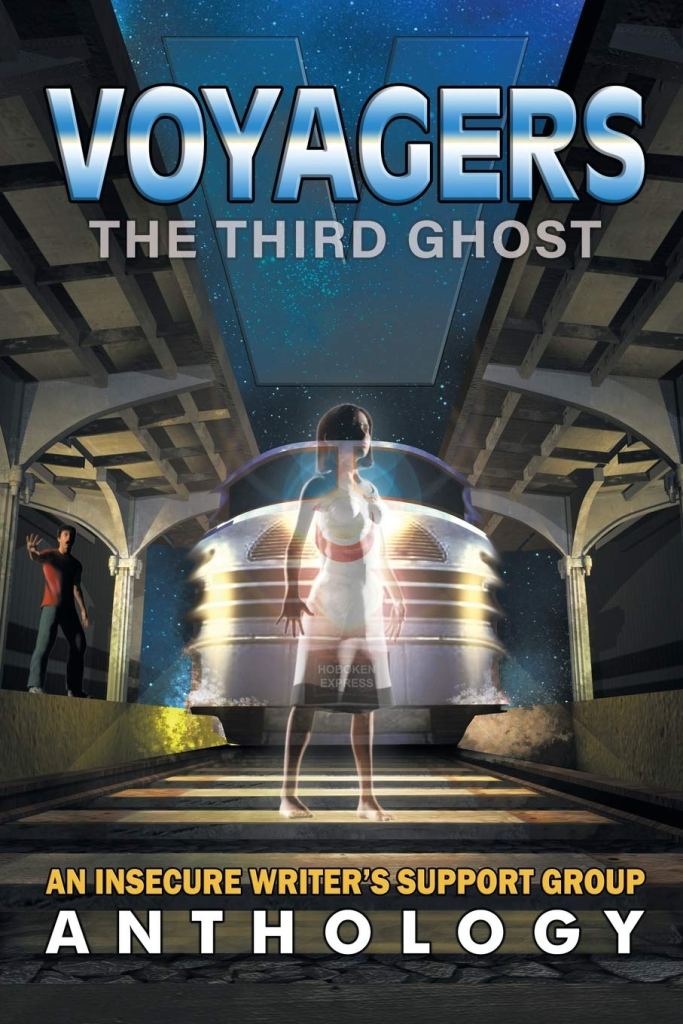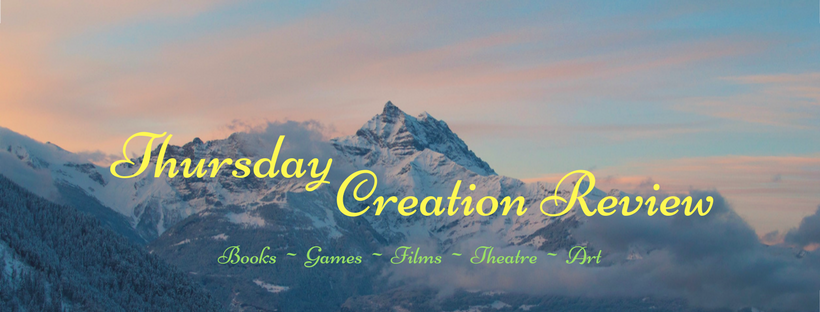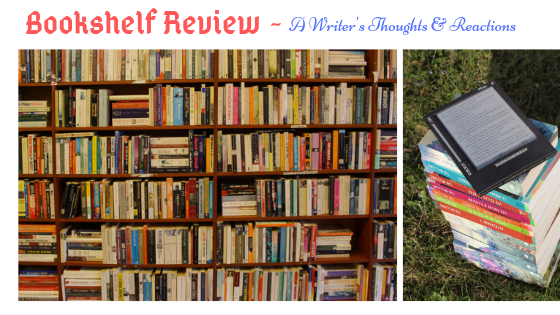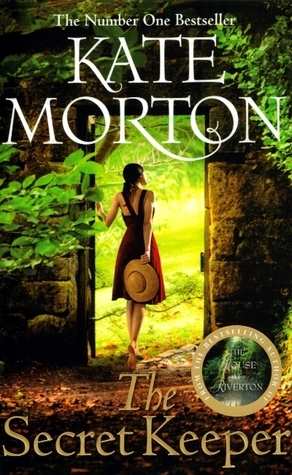As a writer, reading is an
important part of the process. Reading teaches me many writing lessons while
entertaining me. I hope that it’s making me a better writer.
Inspired by some of the writers
and readers that I follow, here is my 2018 reading list and top books of the
year. Most were not published in 2018, but that’s when I read them so that’s
what counts.
First, the list as I reviewed them – with links:
Avalanche (A
Stone Mountain Mystery #3) by Kristina Stanley – 5 stars
The
Warrior’s Path (When Women Were Warriors #1) by Catherine M. Wilson – 5 stars
For The
Winner (Golden Apple Trilogy #2) by Emily Hauser (Goodreads Author) – 5 stars
A
Journey of the Heart (When Women Were Warriors #2) by Catherine M. Wilson –
5 stars
A Hero’s Tale
(When Women Were Warriors #3) by Catherine M. Wilson – 5 stars
Death in
Dulwich (London Murder Mystery #1) by Alice Castle – 4.7 stars
Apricots and
Wolfsbane by K.M. Pohlkamp – 4.9 stars
Air and Ash
(TIDES #1) by Alex Lidell – 4.3 stars
The
Shepherdess of Siena by Linda Lafferty – 4.3 stars
The Last
Wish (Saga o Wiedźminie #1) by Andrzej Sapkowski – 5 stars
Lord of
the Flies by William Golding – 4.5 stars
The
Secret Keeper by Kate Morton – 5+ stars
The
Lion, the Witch and the Wardrobe (The Chronicles of Narnia) by C.S. Lewis –
4.4 stars
The
Curious Case of Benjamin Button by F. Scott Fitzgerald – 4.3 stars
Sword of
Destiny (Saga o Wiedźminie #2) by Andrzej Sapkowski – 5 stars
Look the
Other Way by Kristina Stanley – 4.6 stars
The
Death of Mrs. Westaway by Ruth Ware – 5 stars
Never on
Saturday by Sue Barnard – 4.4 stars
Heathcliff:
The Unanswered Questions Finally Answered? by Sue Barnard – 4.4 stars
Horsemanship
by Gina McKnight (Editor) – 5 stars
Mr
Churchill’s Secretary (Maggie Hope Mystery #1) by Susan Elia MacNeal – 3.7
stars
The
Strange Death of Fiona Griffiths (Fiona Griffiths #3) by Harry Bingham – 5 stars
Code Name
Verity (Code Name Verity #1) by Elizabeth E. Wein – 5+ stars
Joseph
Barnaby by Susan Roebuck – 4.6 stars
Method
Acting For Writers: Learn Deep Point Of View Using Emotional Layers by
Lisa Hall-Wilson – 5 stars
The
Ragged Edge of Night by Olivia Hawker – 5 stars
What
Child Is This by Rhys Bowen – 5 stars
Eadric
And The Wolves: A Novel Of The Danish Conquest Of England by David K.
Mullaly – 4 stars
I’ve missed a few books – the Children’s ones –
but these are the majority. On reflection, there are more five stars awarded than
memorable books, and I’ve tended to be unfair to the authors I interact with.
Why? Reverse favouritism?
Anyway, thinking back over the year and looking
for memorable reads, here’s my top three for each of the genres that I lean
towards:
Thrillers- Mystery- Suspense-Crime:
The
Secret Keeper by Kate Morton – 5+ stars
The
Strange Death of Fiona Griffiths (Fiona Griffiths #3) by Harry Bingham – 5
stars
Avalanche (A
Stone Mountain Mystery #3) by Kristina Stanley – 5 stars
Fantasy:
The
Warrior’s Path (When Women Were Warriors #1) by Catherine M. Wilson – 5
stars
The Last
Wish (Saga o Wiedźminie #1) by Andrzej Sapkowski – 5 stars
For The Winner
(Golden Apple Trilogy #2) by Emily Hauser (Goodreads Author) – 5 stars
Historical
Fiction:
Code Name
Verity (Code Name Verity #1) by Elizabeth E. Wein – 5+ stars
The
Ragged Edge of Night by Olivia Hawker – 5 stars
Apricots and
Wolfsbane by K.M. Pohlkamp – 4.9 stars
Some of these cross genres and showed that is achievable seamlessly. These lists
lead into my top five reads of 2018 – well fiction reads – in order.
Top Five Reads
of 2018
1. Code Name
Verity (Code Name Verity #1) by Elizabeth E. Wein – 5+ stars
2. The
Secret Keeper by Kate Morton – 5+ stars
3. The
Warrior’s Path (When Women Were Warriors #1) by Catherine M. Wilson – 5
stars
4. The
Strange Death of Fiona Griffiths (Fiona Griffiths #3) by Harry Bingham – 5
stars
5. Avalanche (A
Stone Mountain Mystery #3) by Kristina Stanley – 5 stars
Top Non-fiction has to be my ‘desk-bible’ – Method
Acting For Writers: Learn Deep Point Of View Using Emotional Layers by Lisa
Hall-Wilson. By the use it has already got, that 5 stars rating is low.
Keeping track of my reading has been my
Goodreads account. I’ve now taken part in the Goodreads
Reading Challenge for the last three years and passed my modest goal each
year. I set the bar low as there are days when I struggle to read more than a
few pages; not because the books are bad but because of health issues.
In 2018, I read 45 books and passed my target of
3o – call that figure 42 as three books got counted twice. Only 28 got reviewed
– as above – but Goodreads did keep tally so I must have some reviews
outstanding.
However, despite reading 41 books in 2017, I have
kept my goal for 2019 low at 35. I am ahead as I type this, but I’m now reading
a chunky 500-page book.
In my next Book Review post, I will list some of
the books that I plan to read – with another Challenge as the target.





















